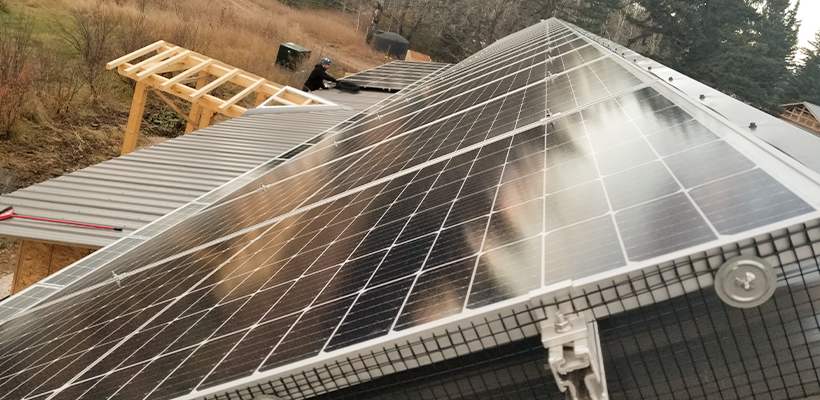Common Questions Around Solar System Investment
June 23, 2022

Solar systems have been on the rise as they have become the most favoured source of renewable energy.
Nowadays with the daily hike in energy rates more and more people are moving towards solar panel systems.
Now more than ever homeowners are choosing solar panel systems for their homes and there are even more who are planning to shift to solar within the next few years.
But before investing in solar panel systems there will be many questions you will want answers to and the best way to get answers to all these questions is by directing them towards a professional solar panel installer.
Also Read: How Efficient Are Solar Panels For Residential Properties?
You might know the basics of how solar systems work, but do you know the answers to each and every nitty-gritty detail about solar panel systems?
Using a solar panel system to power your house may seem like magic and you might understand the trick but you will not understand every sleight of hand used by the magician.
So, if you just know the basics of how a solar system works then you are missing out on quite a large chunk of information and you probably might have a bunch of questions.
Hence if you want answers to all your how’s and if’s, then keep on reading this blog, because whether you are a solar system newbie or just a curious solar supporter not quite ready to make the switch after reading this blog you will get answers to most of your questions.
How Does A Solar System Work?
A solar panel system is made up of an array of cells that contain a PV material; this material enables the conversion of radiation from the sun into direct current electricity.
This electricity generated by the conversion of the sun rays then provides electrical current in all the electrical equipment around your home, which ultimately reduces your full reliance on expensive grid electricity.
With a battery storage system, you can even make your home completely free from grid electrical power and you can even make money by selling surplus power back to the grid.
How Many Solar Panels Are Needed?
Needless to say, the more solar panels you have installed in your home the more electricity will be generated.
But to better determine how many solar panels your home will need you will have to break down your general electricity usage, how many people live in your home and the overall size of your home.
Smaller properties typically require just a 1KW system however higher demand homes would benefit from a 4KW solar system.
However, the best way to determine the number of solar panels your home needs is by hiring a certified solar panel contractor.
How Do Solar Panels Benefit The Environment?
Solar energy is a renewable source of energy, it is not like gas or coal which can run out and also harm the environment with their use.
A solar panel system is environmentally friendly because it generates zero greenhouse gases and helps to further reduce your carbon footprint which enables you to play your part in fixing the environment.
Also if you ever decide to sell your home having solar panels will make your home much more valuable as it has been a favourite addition for house hunters over the past few years.
Do You Need Solar Batteries?
In most cases, a solar panel system can only generate enough electricity to power the home at any one time.
All the excessive energy that is not used is sent back to the grid which means that you lose the energy generated by your solar system.
But if solar batteries are attached to your solar system then it will let you store energy that can be used at night time or during power outages. Hence solar batteries are a huge benefit for your home.
About Sundawg Solar
Sundawg Solar is one of the most reliable solar installers in Saskatoon and throughout Saskatchewan. Whether it is your residence, commercial property, or farm, we can help you install efficient solar panels on your site. Contact us today to find out more about how we can help you save money on your energy bill and harness the power of solar energy for the future.
